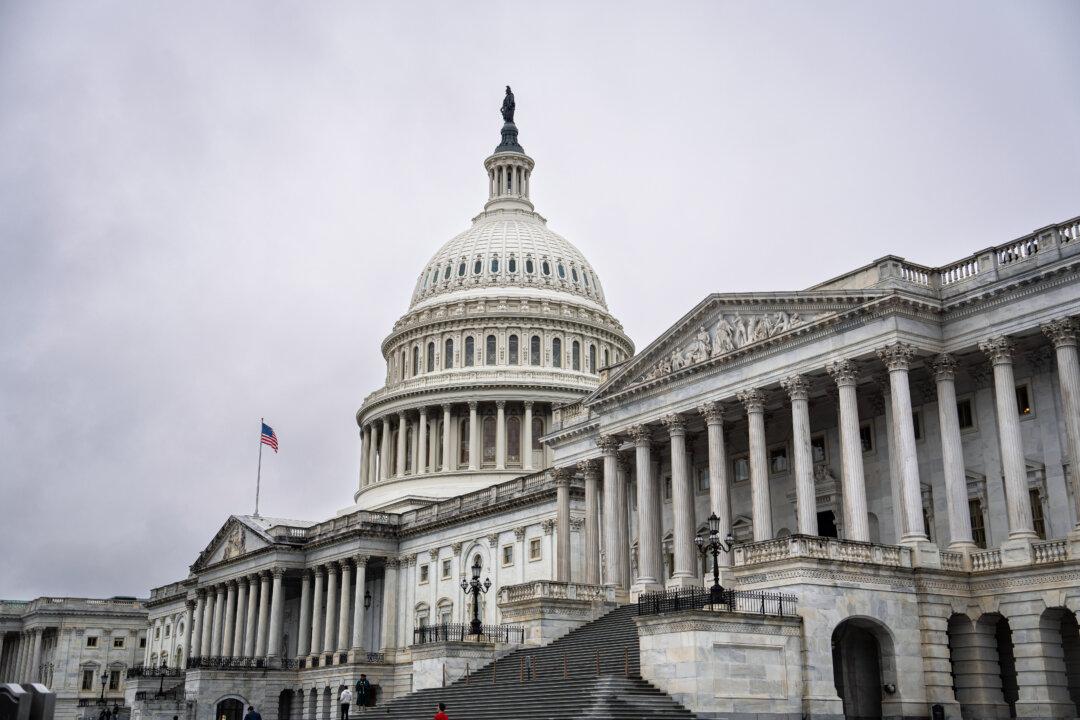Commentary
Last week, something all too rare occurred: The House of Representatives passed excellent legislation with a broad bipartisan majority.

Last week, something all too rare occurred: The House of Representatives passed excellent legislation with a broad bipartisan majority.